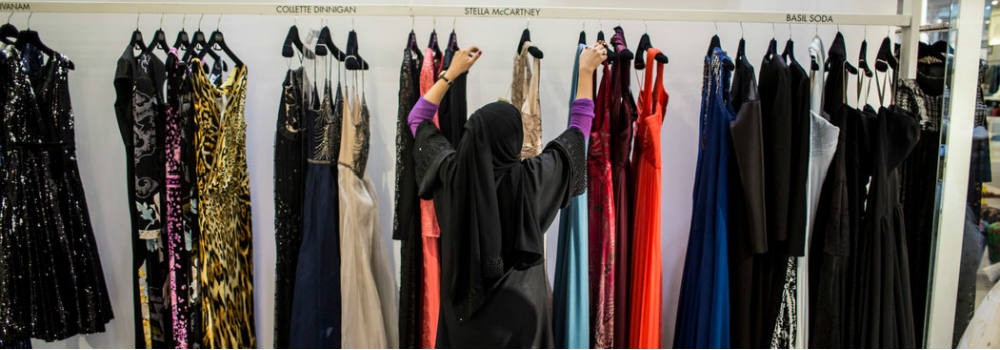New Pathways Opened for Saudi Women
Financial institutions have also discovered that hiring professional women in service and accounting roles has created an increasingly large female client base.
A report published by the Boston Consulting Group in 2010 stated that women in the Middle East controlled approximately $500 billion, or 22 percent, or the region’s total assets in 2009. Many of these clients want sophisticated banking services aimed at high-level investments. However, in the past many women have been reluctant to use such services because most financial advisory positions were given to men. The Saudi Gazette reported that in compliance with Islamic principles, many women are reluctant to discuss such topics with men outside their family circle.
Saudi Arabia is taking control of the development of women-only bank branches. For instance, the Kingdom’s National Commercial Bank now has 46 women-only branches. Also, finance firms such as Al Rajhi Capital launched initiatives specifically for women including the Ladies Wealth Management Division and the Al Jawharah Ladies Fund. Both target women looking to diversity investments and grow their wealth.
The World Bank estimated that a third of women-owned businesses in the United Arab Emirates (UAE) generate over $100,000 a year. In comparison, only 12 percent of women-owned companies in America clear this mark on an annual basis. However, as the Saudi Gazette reported, women in the UAE focus investments within the Gulf Arab region “because they know those markets and find them accessible and safe.”
While the business and economic environment is providing greater options for Saudi women, analysts say that more women need to reach senior levels in the banking industry to develop a greater diversity of services that appeal to women and their financial needs. Nida Raza, director of capital markets at Unicorn Investment Bank, now known as Bank Alkhair, said that venture capital funds that “invest in women-only businesses, Islamic pension funds and education funds for children would be particularly attractive to women.”
In many cases, women search for financial options that allow them to invest in products that benefit their daughters. Others dream that their daughters will find employment within the finance industry.
In an interview with the Saudi Gazette, a female of the National Commercial Bank said that she hopes to invest in financial products for her three daughters, all under the age of 6. “I’m thinking of just opening accounts for them right now but maybe in the future, I can help them open a business as well…Maybe they’ll be future financial advisors,” she said.
The increasing number of finance services targeted towards women, as well as new career aspirations for the next generation, indicate a general trend towards professional opportunities for females in the Saudi Arabia’s business sector. As the Kingdom continues to focus its strategic efforts on localizing business and production, there seems to be little doubt that women will play a role in strengthening the economy.
“We are helping to build the nation’s capacity as it moves towards a knowledge economy by maximizing local content, adding value through integrated industrial parks, and promoting economic diversification and entrepreneurship. In light of the demographic realities, this comprehensive framework offers a winning formula to create jobs,” says Al Falih.
Melissa Goertzen is an information manager and freelance writing living in New York City. In June 2013, she began work on a two-year assessment project for Columbia University that analyzes the e-book landscape and publishing trends in academic communities. To learn more, please visit her website at melissagoertzen.wordpress.com.
Photo courtesy to The Telegraph & The New York Times






























Share the post "New Pathways Opened for Saudi Women"